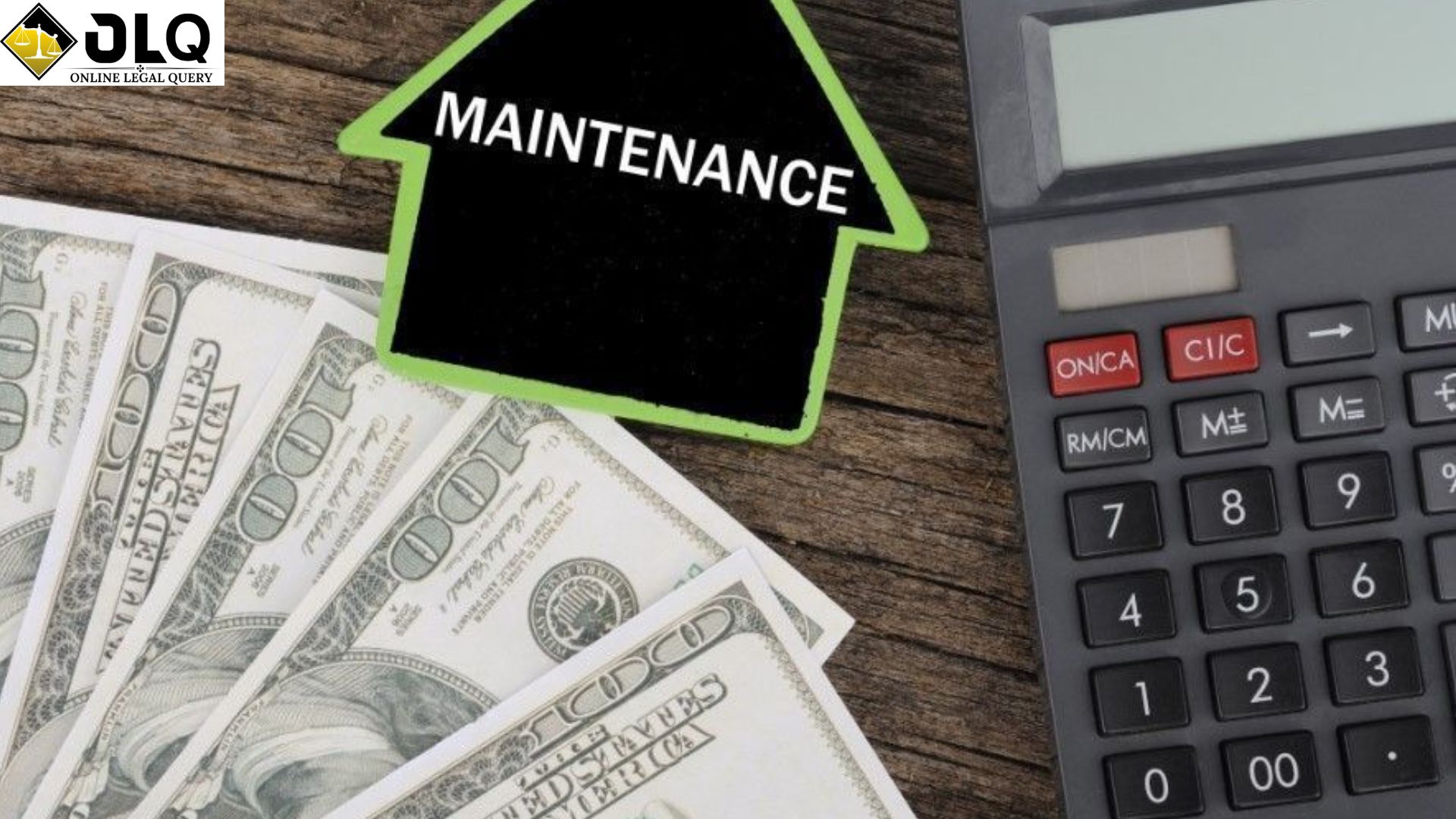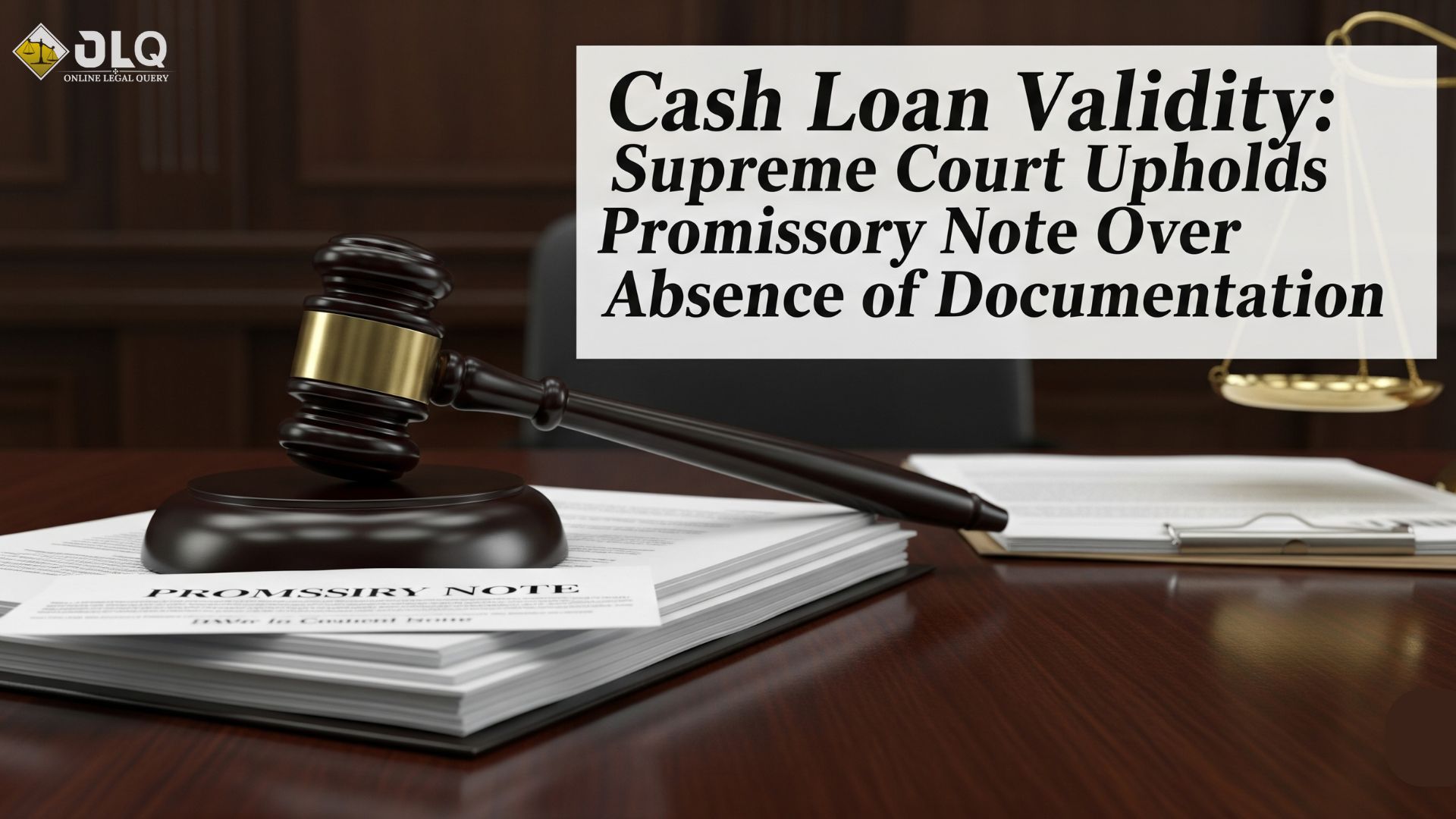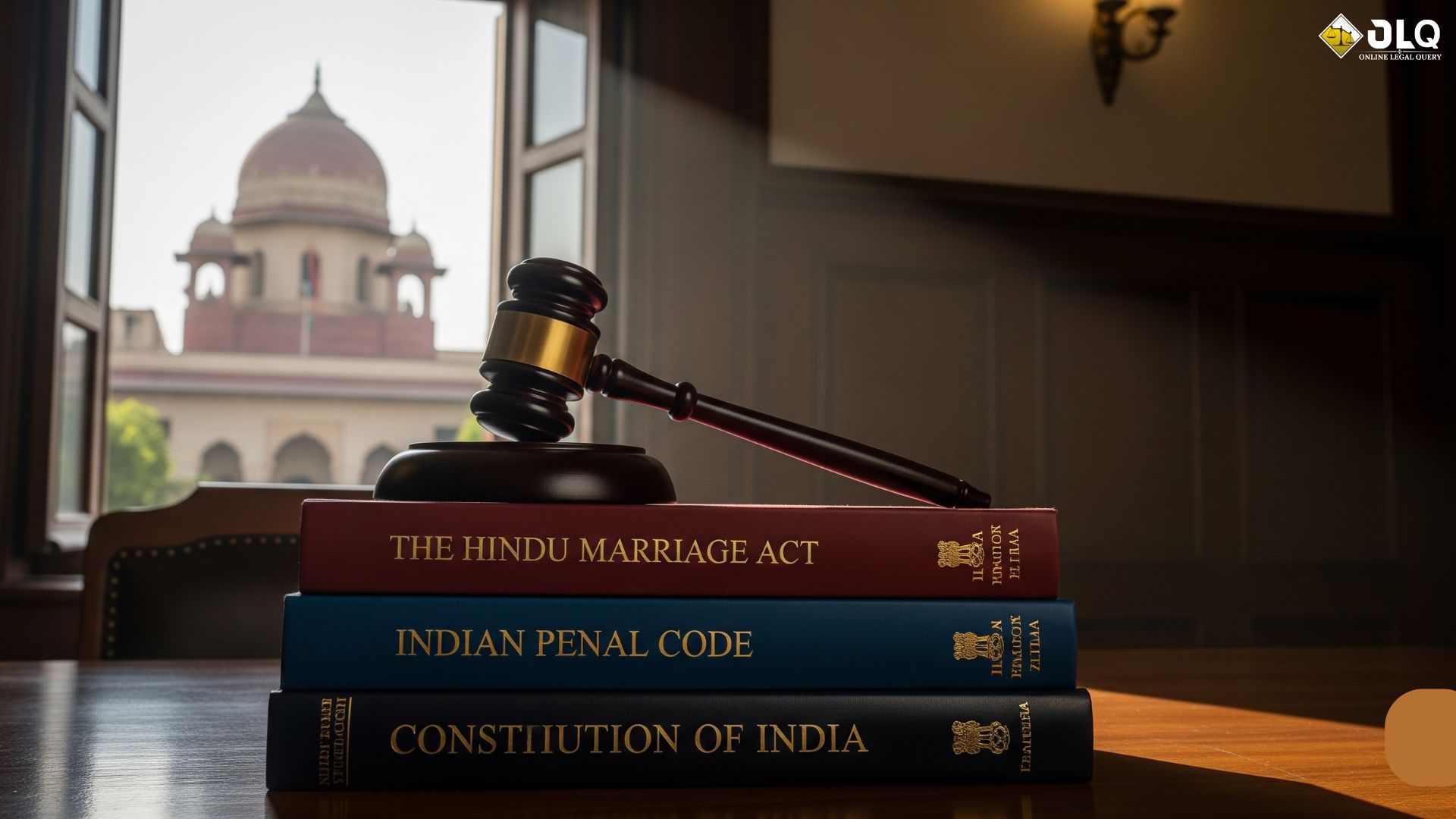INTRODUCTION
Property disputes are some of the most common issues in both families and business transactions. Conflicts often arise due to inheritance, unclear boundaries, sale or purchase disagreements, joint ownership challenges, or landlord-tenant issues. Traditionally, such disputes are resolved through litigation, but the court process is often lengthy, expensive, and emotionally draining. Today, mediation has emerged as a valuable and faster alternative to litigation in resolving property-related conflicts.
What is Mediation?
Mediation is an alternative dispute resolution (ADR) process in which an impartial third party, known as a mediator, facilitates dialogue between the disputing parties. Unlike a judge, the mediator does not impose a decision but helps the parties arrive at a mutually agreeable solution. The process is entirely voluntary, conducted in confidentiality, and emphasizes collaboration over confrontation.
Why Mediation Works Better in Property Disputes
- Time-Saving
Litigation over land or property matters often remains pending for several years. Mediation, on the other hand, can lead to resolution within weeks or months, saving both parties valuable time. - Cost-Effective
Litigation involves high expenses in the form of lawyer fees, court costs, and procedural formalities. Mediation offers a more affordable and less taxing option financially. - Preservation of Relationships
Many property disputes occur among family members or business partners. Litigation can strain or break these relationships permanently. Mediation emphasizes cooperation, helping maintain personal or professional ties. - Flexibility and Control
In court, the final decision is delivered by the judge. Mediation empowers the disputing parties to design their own solution, ensuring both sides feel heard and satisfied. - Confidentiality
Unlike public court proceedings, mediation is private. Sensitive details regarding property ownership, family matters, or business dealings remain within the mediation room.
Steps Involved in the Mediation Process
- Initiation – Both parties agree to resolve the matter through mediation.
- Choosing a Mediator – A neutral mediator, often specialized in property disputes, is appointed.
- Initial Meeting – Rules, procedures, and expectations are explained.
- Joint Sessions – Parties share their perspectives while the mediator facilitates healthy and constructive dialogue.
- Private Sessions (if necessary) – The mediator may meet each party separately to understand sensitive issues.
- Agreement – Both parties draft and sign a settlement agreement, which can be legally binding if registered.
When Mediation is Most Effective
- Family property disputes involving inheritance or division.
- Boundary disputes between neighbors.
- Joint ownership conflicts between business partners.
- Landlord-tenant disagreements over contracts or rent.
- Commercial property issues relating to leases or development projects.
Conclusion
Mediation is now widely seen as a practical and efficient method for settling property disputes. By providing a faster, cost-effective, and relationship-driven alternative to litigation, it allows parties to reach settlements that are fair, confidential, and long-lasting. In an era where courts are overloaded with cases, choosing mediation not only benefits the disputing parties but also reduces unnecessary pressure on the judicial system.
FAQ
1. Is a mediation agreement legally binding?
Yes, if both parties agree in writing and register the settlement (where applicable), it carries the same weight as a court order.
2. Can mediation completely replace litigation?
Not always. If parties do not reach an agreement or if the dispute involves criminal allegations, litigation may still be necessary.
3. Who can act as a mediator in property disputes?
Trained mediators, legal professionals, or court-appointed mediators with knowledge of property law can facilitate mediation.
4. How long does a mediation process usually take?
Depending on complexity, it may be resolved in a few sessions spread over weeks or months, unlike litigation that can last years.
5. Is mediation suitable for large commercial property disputes?
Yes, mediation is increasingly being used in high-value commercial and real estate disagreements as it offers flexibility and confidentiality.








